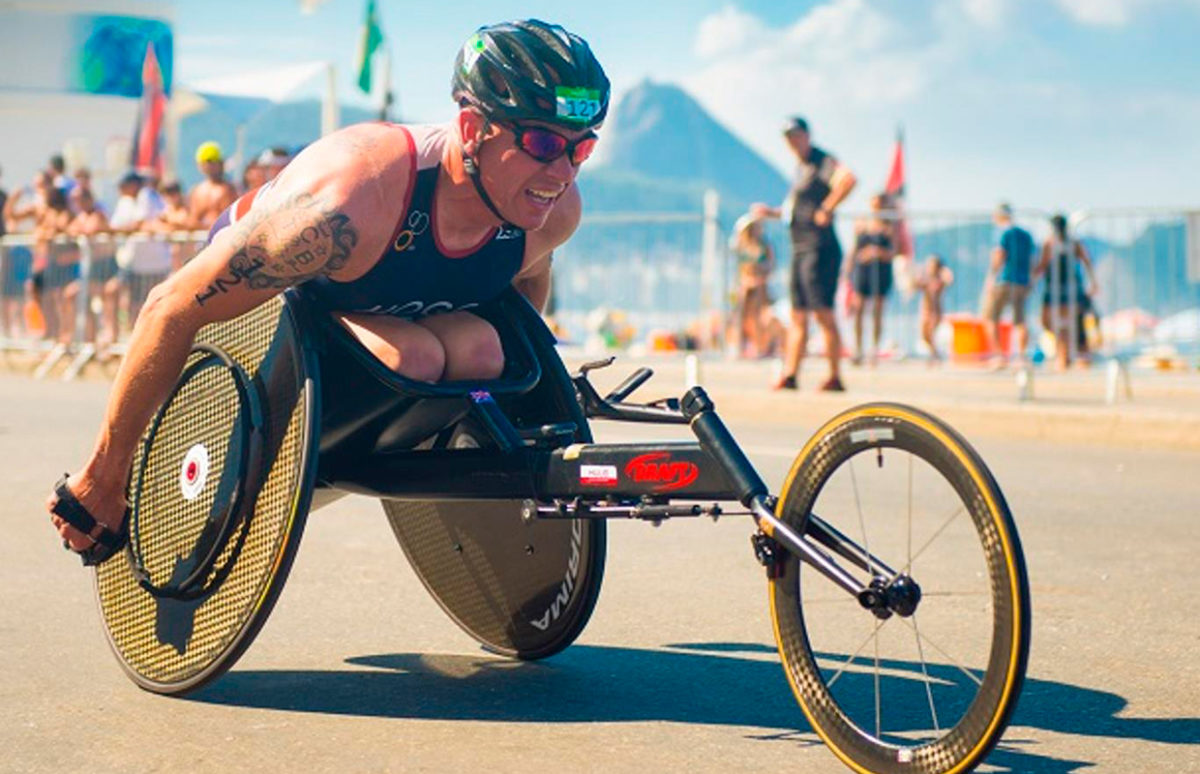From 7-16 September, Rio de Janeiro, Brazil, is hosting the 2016 Paralympic Games. With each Olympiad, the games for athletes with disabilities are becoming more and more high-profile.
The Paralympics began in Stoke Mandeville, England, in 1948. Dr Ludwig Guttmann was working with World War 2 veterans who had spinal injuries. He used sport as part of their rehabilitation. In 1948, he organised a competition for disabled athletes at the same time as the Olympic Games in London.

The first true Paralympics took place in Rome in 1960, featuring 400 athletes from 23 countries in eight sports. Since then, they have taken place just after each Olympics. This year, around 4,350 athletes from more than 160 countries will travel to Rio to compete in 22 different sports. Some are shared with the Olympics, like athletics, basketball or swimming. Some of these are only played by certain categories of athletes. For example, fencing, tennis and basketball are only played by wheelchair athletes, while judo is only played by athletes with sight impairment.

There are also fours sports unique to the Paralympics: Boccia (a sort of wheelchair “boules”); goalball (a goal-scoring game for vision-impaired athletes); powerlifting (weightlifting from a horizontal position) and wheelchair rugby, which despite its name in fact combines elements of basketball and ice hockey with rugby.

In Rio, two new disciplines will be include in the Paralympics: canoeing and paratriathlon.
For the sports that are multi-disability, there is a complex system of classification to ensure that participants compete against people with similar capacities, not necessarily the same disability. This replaced a system where, for example, leg amputees swam against leg amputees.

The Elite
Elite performance is what the Paralympics is all about these days, and often parathletes perform on a par with able-bodied ones. The fastest Paralympic record for men’s 100 m in athletics is 10.46, compared to 9.63 for the Olympic one.
With each new Olympiad, Paralympic sports gain in visibility and mainstream acceptance. In London in 2012, the British public really took the parathletes to their hearts, and attendance at events and TV audiences beat all records. Four years on, TV's Channel Four still proudly declares on all its communication that it is the Paralympic Broadcaster.
Copyright(s) :
Rio 2016





